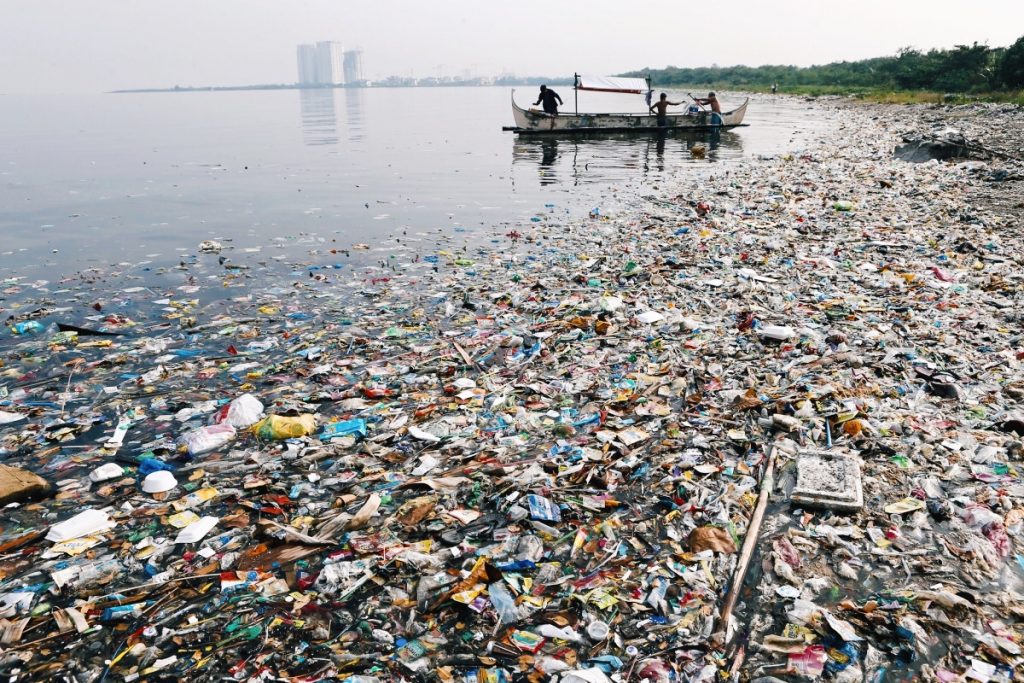
Here are some facts why our voices matter to do bits for our ocean.
Earth, the planet on which we live and which is home to around 8.7 million species of living things and humans in it, is now experiencing a lot of damage and changes in ecosystems with conditions that worsened during the last decade. The causes of ecosystem changes that occur are deforestation, illegal logging, poaching, and environmental pollution. Pollution carried out by humans consciously or unconsciously can disrupt the nature balance. One of the most contributor pollutant is waste from households or industries. The journey of waste disposal goes to landfill and It doesn’t just stop there. It continues to the ocean.
Many pollutants can disturb the marine ecosystem, such as oil waste, food waste, and plastic waste. The major number of waste is given by plastic waste. Can you imagine how much garbage has accumulated in the ocean? According to a report received by BBC News, at present, 12.7 million tons of plastic waste ends up in the ocean and will continue to triple in the next ten years if no concrete limitation measures are taken. In Kompas.com daily news, every year plastic pollution is estimated to cause more than 13 billion US dollars or equivalent to 188 trillion Rupiahs (in current exchange rates) economic damage to the marine ecosystem. Unfortunately, that is still likely to get worse. The Ocean Cleanup Foundation study estimates that around 80,000 tons of plastic are in the ‘Greater Pacific Trash Area’ which runs between California and Hawaii, United States. That number is 16 times what was previously reported. Strengthening the study, a ship in the middle of the garbage area is attracting the highest amount of plastic waste ever recorded. Of the garbage that floats in an area of 1.6 million square kilometers, 8% is microplastic. Then, out of 1.8 trillion pieces of plastic, some of which are bigger than microplastics, including fishing nets, toys, and even toilet seats. After the earthquake and tsunami hit Japan in 2011, many plastic bags were washed into the ocean. Garbage directly related to the incident reached 20% of the amount of garbage circulating in the sea over the last few years, as quoted by the study.
Indonesia is the second-largest contributor to plastic waste of sea in the world. In 2010, around 1.29 million tons of a total of 3.2 million tons of plastic waste in Indonesia ended at sea (Jambeck et al., 2015). Plastic waste is not only detrimental to living things in the oceans but also to human as the top of food chain. In fact, by 2050, it is estimated that plastic pollution will pollute fish in all the world’s oceans. Now, The world including Indonesia is struggling to reduce these facts.
Many efforts have been made by several companies and governments. Quoted from the BBC News broadcast, the fight against plastic waste makes the technicians and designers look for other materials that can be used to package food. Bioplastics are made from renewable biomass, usually vegetable oil and fat, cassava starch, wood or food waste. Then, the implementation of the Garbage Bank in several housing locations spread across Jakarta, Bandung, Bogor, and Surabaya. Garbage or Plastic Bank is a social enterprise that pays plastic waste at prices above-market prices. People who collect plastic can exchange it for money, goods (fuel, stove) or services, such as school fees. So, what can we do as citizens of Indonesia and citizens of the world who share a place to live with 7 billion other people?
We must try to reduce the amount of daily plastic consumption we can do to preserve our ocean. No plastic straw usage. Use bags for groceries. Try to reuse all kind of plastic. Some of these methods can help the amount of plastic waste that ends up in the ocean. A small act can make a big difference in Indonesia and the world. Together, we can save the marine ecosystem and protect all species that live in it. Love the sea, love the environment, and love our earth together!
WOODIES by
M. Dwi Eka Putra
CIMSliography:
- Secretary of CHRT 2018/2019
- The Administration Team 2018/2019
- Local Coordinator of CIMSA UNEJ 2019/2020